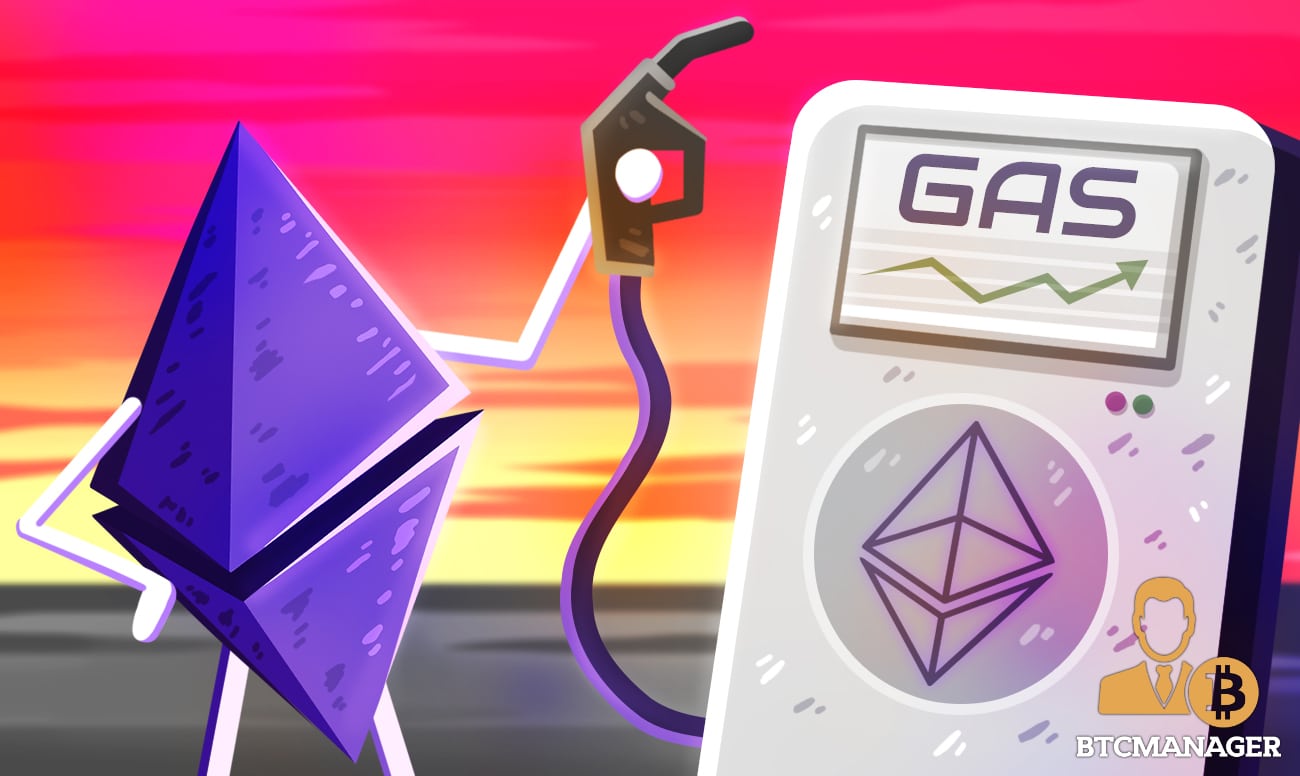Ethereum Miners Made $285 Million From Fees in August

Miners on the Ethereum network generated over $285.1 million in revenue this August, representing a month-over-month increase of 98.2% and a 25-month high, according to research from The Block.
Ethereum Fees Boom
On the back of the booming DeFi market and interest in Ethereum rising as an extension. Miners on the network reaped the benefits of an in-demand and strained network by enjoying one of the highest-grossing months in terms of revenue from fees.
As the source noted, miners on the Ethereum network generated over $285.1 million in revenue this August, representing a month-over-month increase of 98.2% and an almost two-year high.
The trend of rising fees came after last month when transaction fees on the network increased significantly. Some reasons include the many funny-sounding yield farming apps like Kimchi Finance, SushiSwap, and others that led opportunistic “farmers” to lock up millions in assets.
Last month, transaction fees on Ethereum increased significantly, fueled by the yield farming mania. Fees as a percentage of mining revenue reached an all-time high of over 40.5% of the total revenue, compared to 10% in May, as data from The Block showed.
Gas expenses on the Ethereum blockchain have been unnecessarily high and a couple of days back charges were upwards of $10-15 for each exchange. At the hour of the press, ETH expenses are between 450 to 550 gwei or $3.36 to $4.11 per transaction.
As BTCManager reported earlier, miners earned a record of 30,500 ETH on Aug 12 as revenue from transaction fees – at 17,000 ETH ($6.87 million), exceeded block rewards, which stood at 13,500 ETH.
Devs Propose Lower Fees
Meanwhile, Ethereum developers are already discussing methods to lower the high gas fees involved to run the network – representing a critical point.
One such proposal proposes to offers refunds for gas expenses, which has further caught the developers thinking about whether to make significant changes to the old code.
Called gas tokens, these keen agreement escape clauses are an approach to send exchanges at little to no cost by “tokenizing” gas, the charges paid for running calculations on-chain. The component permits an Ethereum client to purchase up exchange charges when they are low, store them and afterward spend them when the expense cost unavoidably rises once more.
While the issue is as yet being talked about, a few engineers stress tokenized gas might one be able to day go about as a “value floor” for exchange charges and keep them forever high.













